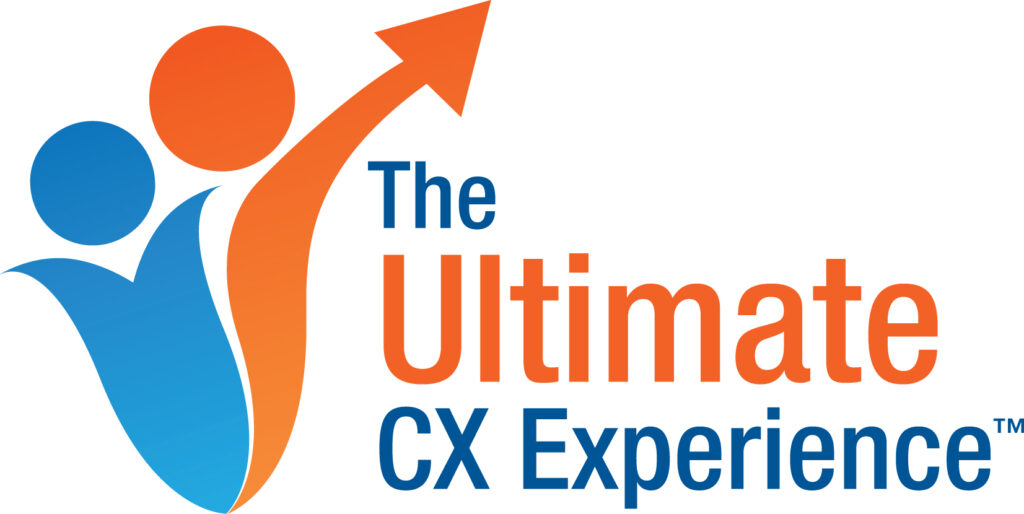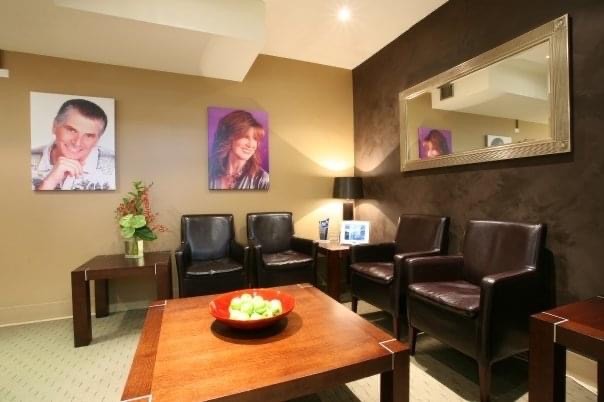
Nearly thirty years ago now I learned a very important lesson in business. It’s a lesson that all businesses can use and need to use, to create better connection with their clients, customers and patients.
I was reminded about this lesson while visiting restaurants, of all places, on a more recent visit to the United States. It is indeed, an important *alert* to act upon. All businesses need to make sure that they are not missing this vital step or stage when dealing with their customers.
The lesson I learned came originally from Brad Cooper, the then owner of FAI Home Securities, a firm that sold and installed in-home burglar alarms and monitoring systems. Here’s the lesson…
On the day of instillation, the homeowner would be greeted at her front door by an installer, who had just knocked on the door. When the homeowner answered the knock, she would be greeted by an installer, in uniform, standing in the doorway holding up a pair of slippers. The installer would introduce himself, and pointing to the slippers, say:
“Good Morning Mrs. Smith. I’m Joe from FAI, here to install your home security system today. Do you mind if I put on my slippers so that my work boots do not leave any marks on your carpets?”
The lesson from this is simple. Before performing a duty for your client, patient or customer, ask yourself if there is value to be had by *informing* the customer about exactly what you are doing, or about to do, that may well be a significant Point Of Difference between your business and your competitors’ businesses.
There’s no point in business in doing things better than others and not getting noticed for those points of difference. Herald those differences to your customers so that they can fully appreciate that you are going the extra mile. Do this every time!
The reason this Brad Cooper Principle (as I call it) came to my mind on this recent USA visit is simple. Here’s what happened at several restaurants in the USA on more occasions than I’d really like to remember.
What would happen is this: My wife and I would enter into a restaurant and walk up to the restaurant greeter. When asked, we would announce ourselves to the greeter. We may have had a reservation. Sometimes we may not have made one.
From this point on things would change.
Firstly, the greeter would immediately look away, usually to a monitor, or restaurant floor plan, but without notification to us as to what exactly she was doing. No words to us, the diners, like “Excuse me one moment, please” or “Thank you sir, I’ll just check our seating”
Better still would have been something like “Welcome back sir” or “When were you last in dining with us, Sir?” or even “Would you prefer a table closer to the bar (or grill) or a more intimate setting?”
This look-away time seemed like an eon. It was like we as customers had become invisible. Frankly, there was no attempt at connection.
Sometimes the greeter would point at her monitor to another employee, I think, the “seater”, and mumble something. Once these two had then settled on *their* decision, then the seater would take us away from the greeter, and lead us to the table that *they* had just chosen for us.
As the restaurant customer, I found this means of communication, or lack of communication, to be rather demeaning. I felt, that as the customer, I was often not being acknowledged really in any way, shape or form. As the paying customer, I would have expected a short “Hello, and welcome”, or as I have written above, a reasonable attempt at verbal acknowledgement…..
So then, how do we use this Brad Cooper Principle at our Dental Office?
Well that’s easy. There are numerous places in the dental office, numerous times throughout the day where there is opportunity to ask, or state to the patient, what we are doing, and why we are doing it. These opportunities are not used as an explanation of procedure. They are not opportunities to educate and indoctrinate people who may not be wanting detailed explanations.
These are opportunities to *share* with the patient a theme of kindness and respect for the patient and for other team members.
Here’s a great example:
The Doctor leaves the patient and dental assistant in the treatment room to briefly go to another treatment room to do a hygiene check.
While the Doctor is out of the treatment room, the dental assistant rises from her seat and walks around the patient to the doctors side and starts tidying and straightening the instruments on the tray, and removes any materials and pads that will not be required further.
The kicker here is the explanation back to the patient. If this procedure is done in silence, it’s not nearly as valuable to the Dental Office as it will be when the assistant says “Mrs. Patient. I’m just going to tidy and straighten Dr Moffet’s tray and instruments over here FOR HIM, so that they are neatly aligned when he returns.”
What this verbal explanation says to the patient is that this is a Dental Office where people care about each other, and where neatness and tidiness is also a priority. Failure to tidy, and more importantly, failure to verbalise this action to the patients, are missed opportunities to “Share the Love”.
As an aside, the feeling I have, when I return to an untidy tray, well that’s like returning to your hotel room after a day out and finding that your room has still not been made up. You get the picture? Conversely, returning to a tidied tray is like returning to your hotel room mid morning, and finding that housekeeping has already visited and tidied the room unexpectedly for you.
There are many other opportunities to *tell* the patient what you are doing. Opportunities to verbalise that feeling of sharing the love.
“Allow me to open this door for you, Mrs. Patient. It’s quite heavy”
“Mrs. Patient, please allow me to walk you to the elevator and hold the door for you”
“I’ll just print off a receipt for your records, Mrs. Patient”
There are many opportunities in every business to Share The Love and stay connected with your customers. Look thoroughly at your business and see where you may be disconnecting unknowingly, from your clients.
Reconnection is a conscious effort. However, it is a simple and easy process. And instantly rewarding.
*************

Dr. David Moffet BDS FPFA CSP is a certified CX Experience coach. David works with his wife Jayne Bandy to help SME businesses improve their Customer Service Systems to create memorable World Class experiences for their valued clients and customers. Click here to find out how David and Jayne can help your business
